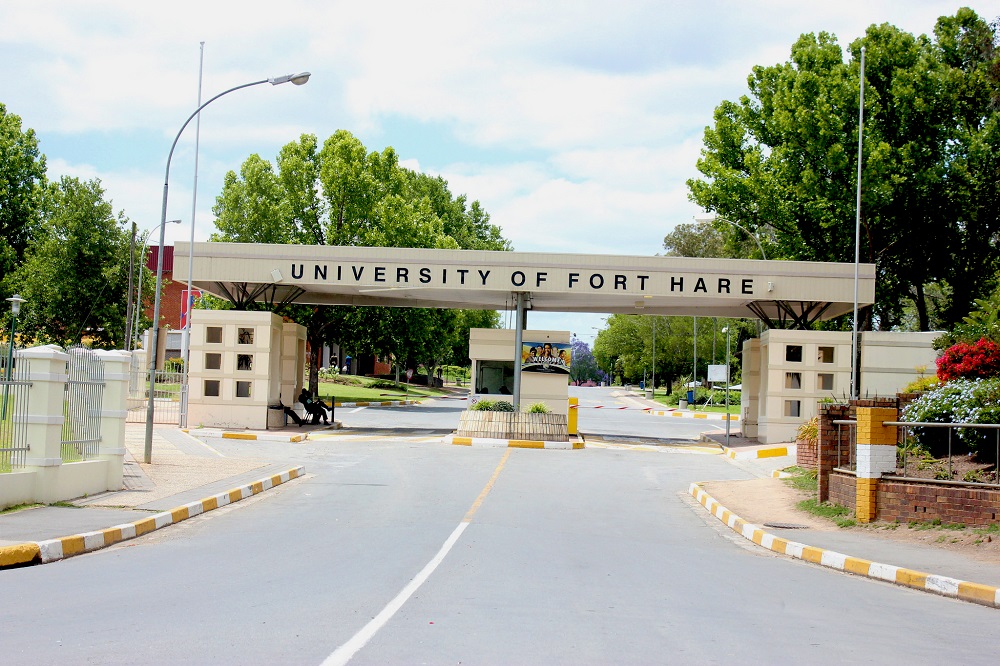The University of Fort Hare began operations in February 1916 as the South African Native College with just 21 students, including female and white students. Numbers grew gradually, reaching 438 in 1958, after which apartheid legislation affecting universities came into effect. This resulted in the dispersal of students of other races to dedicated institutions and it took a decade before student numbers recovered to the 1958 level. University of Fort Hare is a public university located in the Eastern Cape of South Africa and currently has three Campuses; Alice, East London and Bhisho.
The pre-apartheid era is sometimes referred to as the university’s “golden” period, characterised by high-quality formal education and a parallel, informal, culture of intense debate and discussion focussing on the status of Africa (then under control of three major colonial powers). It was this period that gave rise to future leaders from across southern Africa who would steer a number of nations to their independence or, as in the cases of Botswana, Zimbabwe and South Africa, universal democracy.
UFH is internationally renowned as a crucible for innovative and revolutionary ideas. Some of the key and prominent African leaders were educated at Fort Hare Include; Nelson Mandela, Govan Mbeki, Robert Sobukwe, Mangosuthu Buthelezi, Ernest Mancoba, Dennis Brutus (an acclaimed poet), Can Themba (an accomplished journalist), the 23-year-old Dr Louis Brown in South Africa, Robert Mugabe, Herbert Chitepo, novelist Stanlake Samkange and the first black Zimbabwean medical doctor, Ticofa Parirenyatwa are well-known. Eliud Mathu and Charles Njonjo are two of our better-known alumnus in Kenya.
The University has now reached the 16 000 mark in the number of students enrolled and continues to grow not only in the quantity but the quality of students who graduate from it. The graduates of the University of Fort Hare are found in all spheres of social, economic, cultural and political life. The University continues to fulfill its mandate in the core areas of teaching/learning, research and community engagement. Teaching and learning in the various disciplines is accompanied by a ground-breaking transdisciplinary module in Life Knowledge and Action, done by all first year students.
One of Fort Hare’s great strengths lies in the partnership between the University and the departments. This combination provides superb facilities, contact with the very best minds, and personal supervision and support to help develop your academic interests. We pride ourselves on the close level of pastoral care provided by department tutors, support staff and student-run networks. We also provide many opportunities to engage socially in activities such as sports, performance and literary arts, debating and voluntary work as well as to develop knowledge and transferable skills to prepare you for the future.
The university has a comprehensive range of academic programmes and career oriented programmes that are offered across five Faculties. These programmes are designed to equip future leaders and innovators in various disciplines fields, ranging from Diplomas, Bachelors, Honours, Masters and Doctoral Degree with appropriate skills and knowledge. The five faculties are; Education, Law, Management & Commerce, Science & Agriculture, Social Sciences & Humanities and Health Sciences.
The University of Fort Hare is/was a partner university in several Erasmus Mundus Partnerships programmes, including the EUROSA programmes coordinated by the University of Antwerp.


